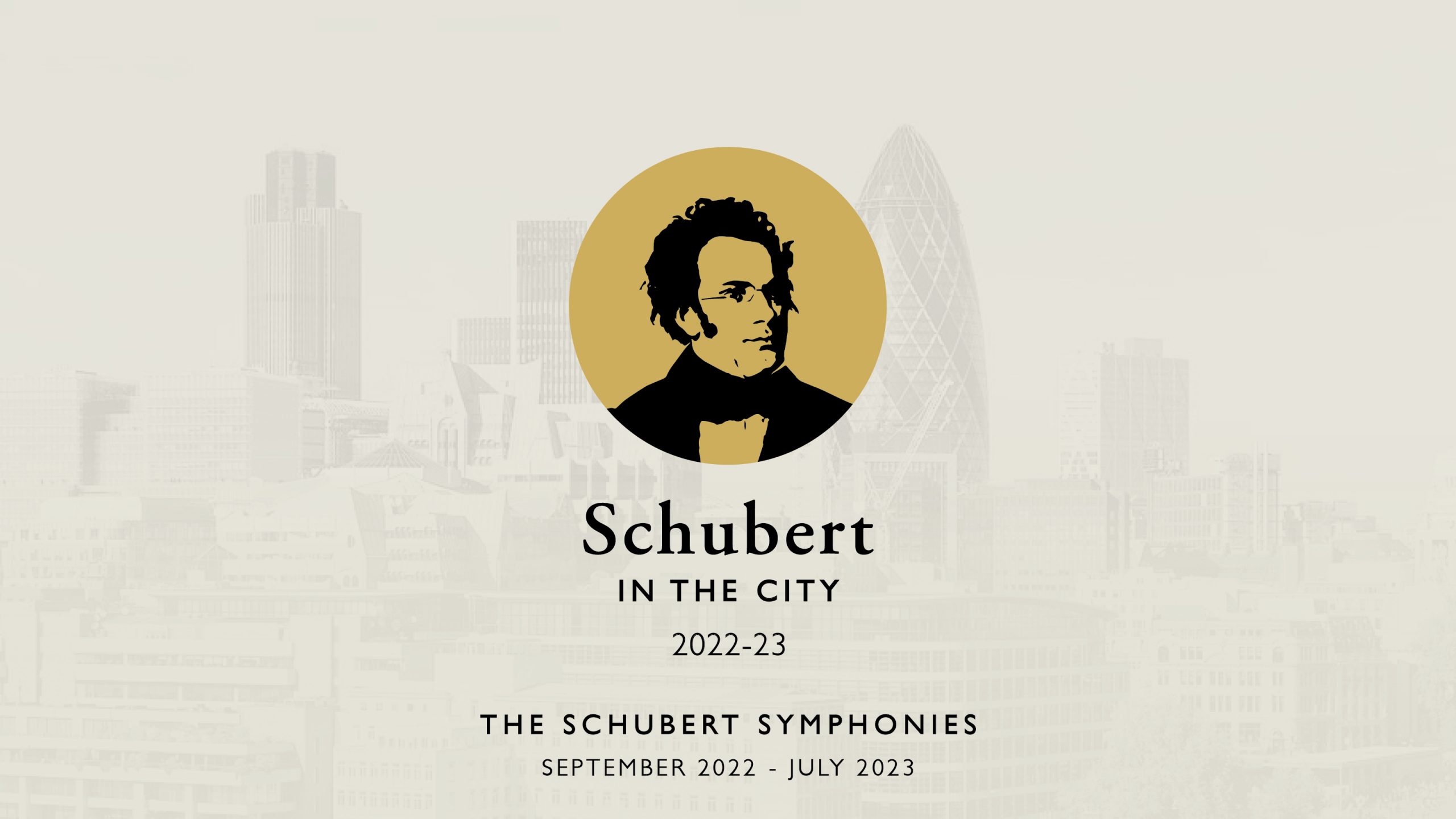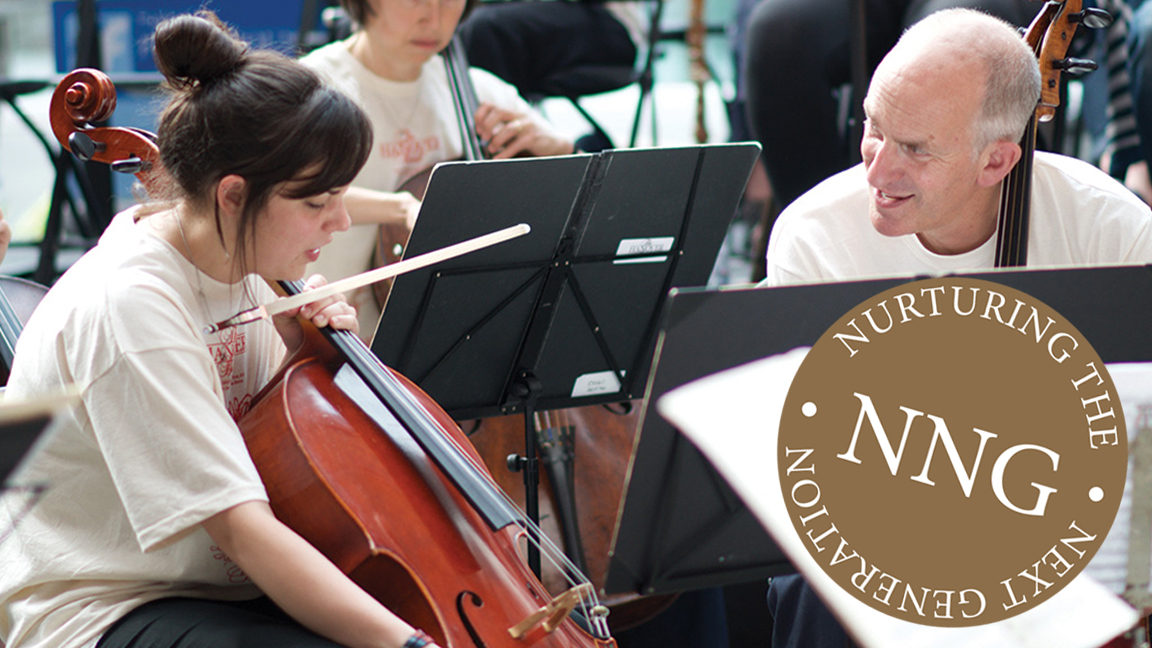
JS BACH | St John Passion
This concert has been postponed from 2020
Programme
JS BACH St John Passion
About This Concert
Bach’s first great sacred masterpiece, the St John Passion, recounts Christ’s final days from the betrayal of Judas to the preparation for laying the body in the tomb.
It is the genius of Bach’s extraordinary music that brings to life the humanity of the drama. The chorus in turn takes on the role of the people as well as reflecting, together with the solo arias, on the stages of the story. The narrative is sung by the Evangelist (tenor) and the entire work is bound together by chorales – German hymns greatly enhanced by Bach’s harmonic invention, the whole work culminating in perhaps his finest chorale: ‘then from death awake me, I will praise you for ever’.
The Royal Choral Society will perform this outstanding work in the original German, together with The Hanover Band – one of Britain’s finest period instrument orchestras, and an exceptional line up of soloists, all conducted by Richard Cooke.
Artists
Nicholas Mulroy tenor (Evangelist)
Jimmy Holliday bass (Christus)
Rebecca Lea soprano
Alexander Chance countertenor
Joseph Doody tenor
Tristan Hambleton bass
ROYAL CHORAL SOCIETY
THE HANOVER BAND
Richard Cooke conductor
Image: Christ of St John of the Cross by Dali © CSG CIC Glasgow Museums Collection.

